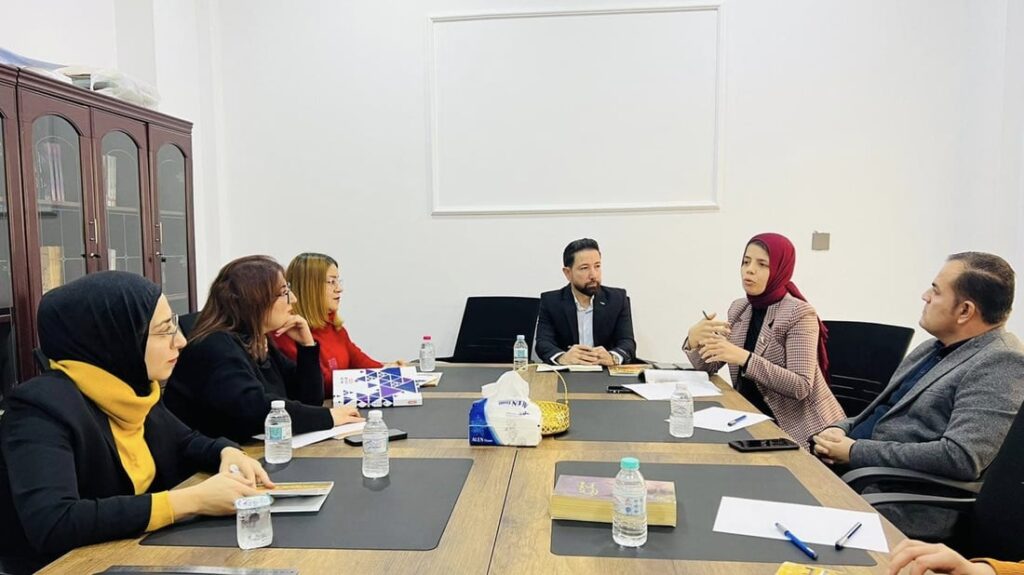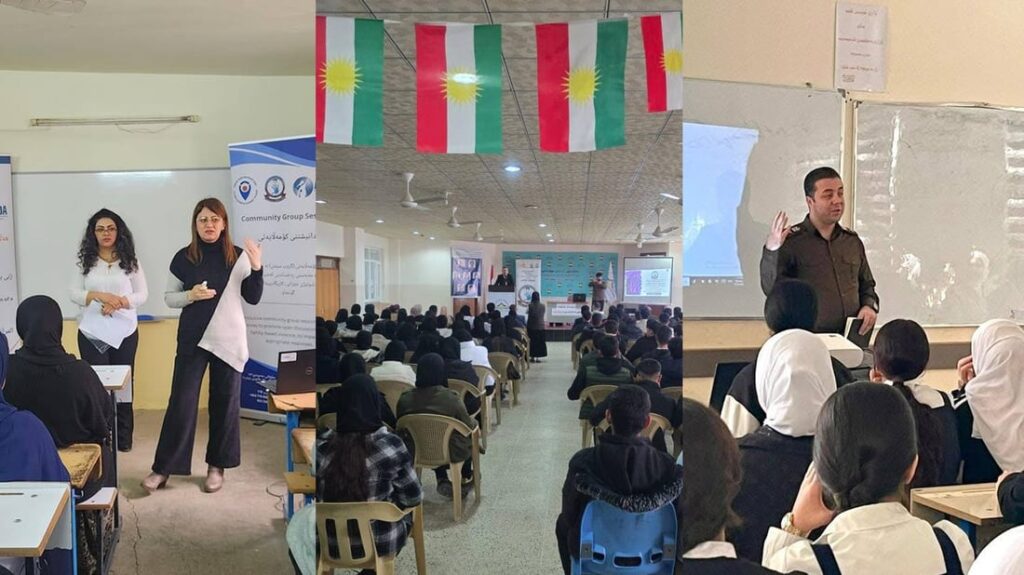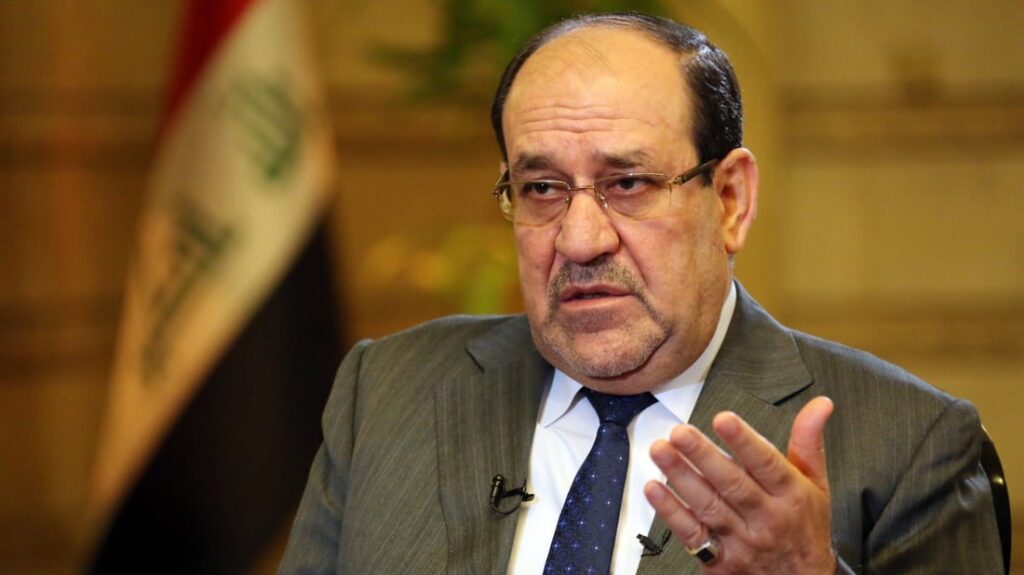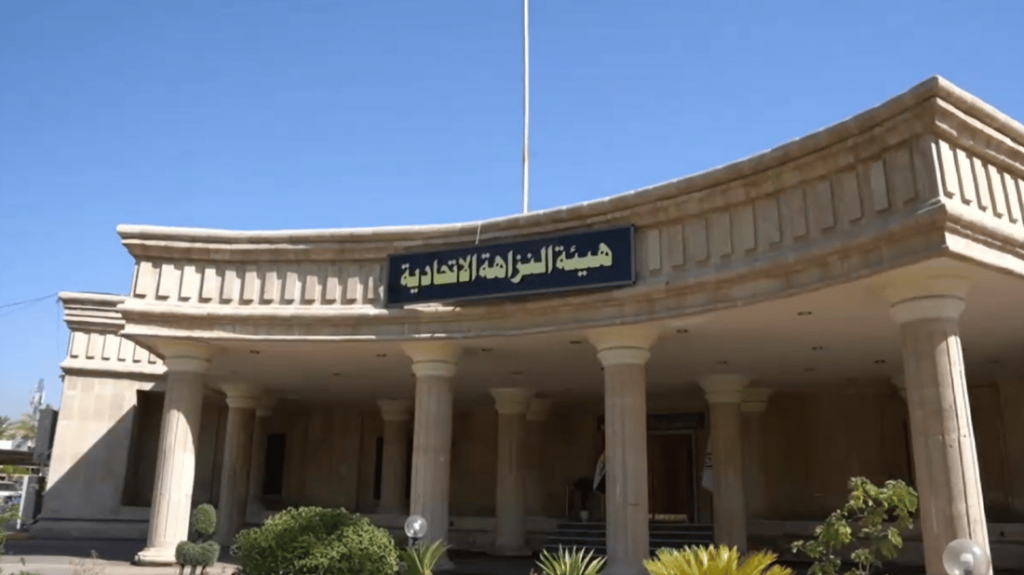Syrian Arab Republic: Working with local actors: MSF’s approach

by Sean Healy, Urvashi Aneja, Marc DuBois, Paul Harvey and Lydia Poole
Médecins Sans Frontières (MSF) has been sceptical about the ‘localisation agenda’, tending to see it as at best another buzzword, and at worst as a way for states to co-opt independent humanitarian action.
At field level the concerns have been more practical, particularly in cases where working in collaboration or partnership with local actors might be more effective than direct implementation, especially in difficult-to-reach areas. MSF is already collaborating with government, non-governmental and community responders. In fact, collaboration is more the rule than the exception: three-quarters of current OCA field projects feature some kind of collaboration, usually a partnership with a Ministry of Health.
The five cases
To look in more detail at MSF’s approach to local collaboration, OCA reviewed five cases:
- Cox’s Bazar in Bangladesh, where MSF worked with local authorities and local non-government actors to respond to the mass influx of Rohingya refugees from Myanmar.
- Sulaymaniyah in Iraq, where MSF worked with the Sulaymaniyah Emergency Hospital to reduce mortality in the emergency room and intensive care unit in an area affected by conflict and displacement.
- Niger and Zamfara states in Nigeria, where MSF worked with national and local government authorities and communities, technical experts and INGOs and their partners to treat victims of lead poisoning from mining.
- Deraa in Syria, where MSF remotely supported four hospitals in opposition-controlled areas to provide trauma surgery and other medical services.
- Sanliurfa in Turkey, where MSF worked with four local and national NGOs to provide healthcare to Syrian refugees.
In each case, MSF’s attitude towards local actors varied, but was mostly pragmatic and focused on short-term effectiveness, rather than being based on values or longer-term strategic goals.
MSF formed relationships with local actors because the specific project could not be accomplished without them, principally for reasons of access and acceptance. In three cases, MSF sought to start programmes in areas it did not yet have access to, and considered this possible only through working with a local actor:
- In Turkey, MSF lacked the legal registration to work independently.
- In Syria, restrictions on crossing the border with Jordan and security concerns inside Syria made it impossible for MSF to work independently.
- In Iraq, there were functioning government health facilities in the locality, and it therefore made no sense to work in isolation.
In the two other cases, in Bangladesh and Nigeria, MSF was already working independently, but access and acceptance considerations were also key factors in the relationships formed with local actors:
- In Nigeria, MSF needed the acceptance and direct involvement of local actors (both government and the community) to rehabilitate land contaminated by lead poisoning and encourage safer mining practices. MSF partnered with two specialist organisations, both of which worked with the responsible government ministries.
- In Bangladesh, MSF focused more on meeting the requirements and expectations of the authorities, coordinating with government health officials and sharing information. There were also small-scale collaborations with national NGOs for specific medical and water and sanitation activities.
Read the full report on ODI.




